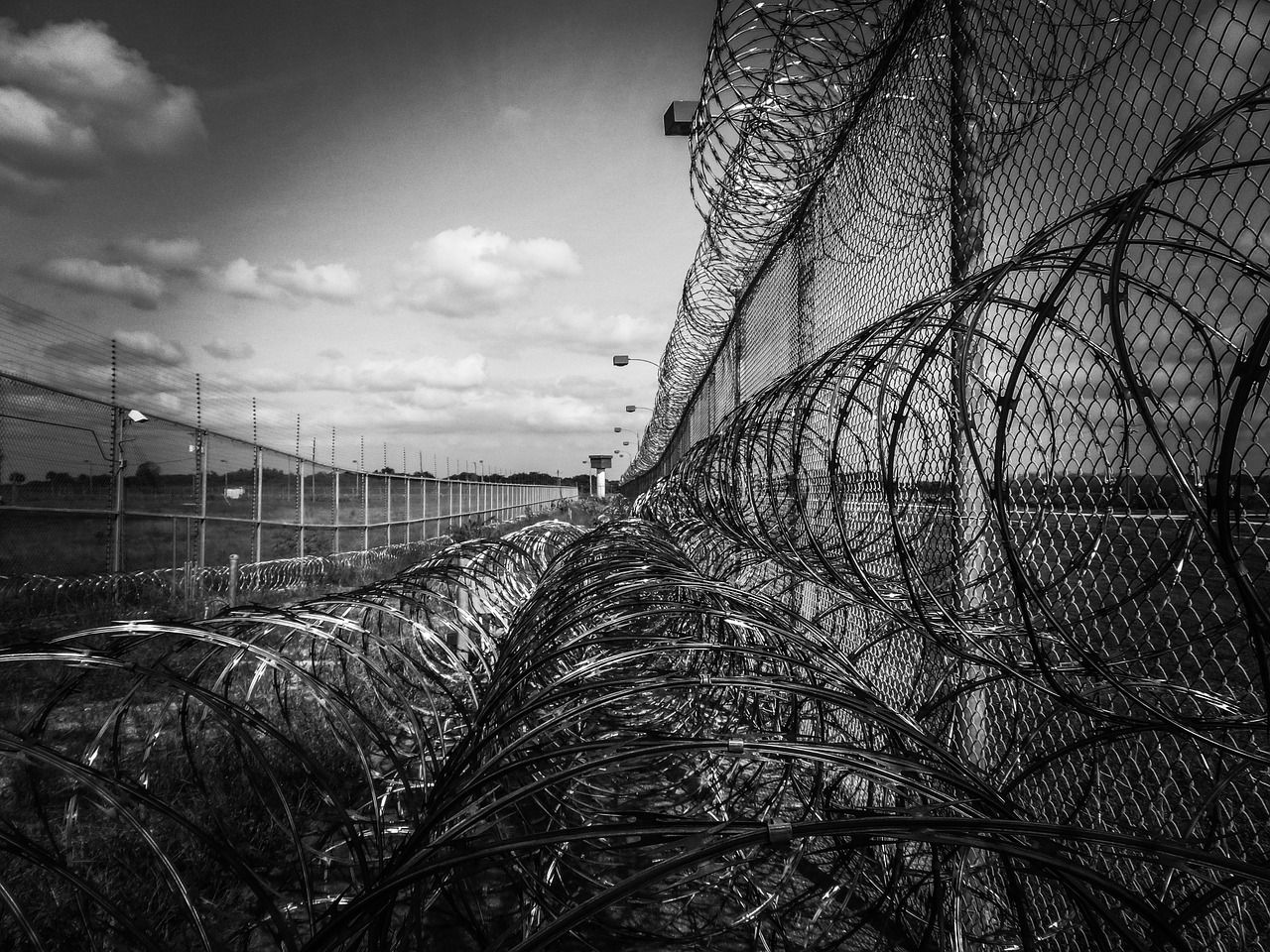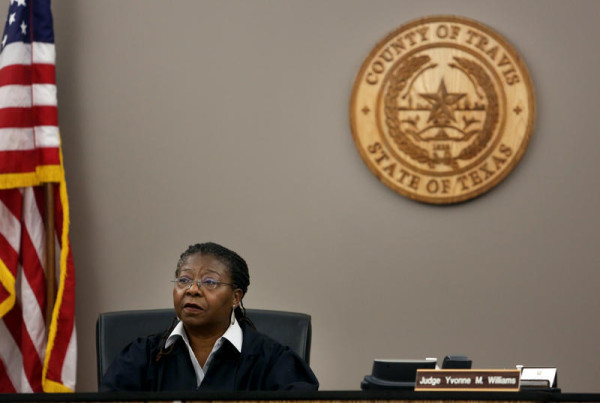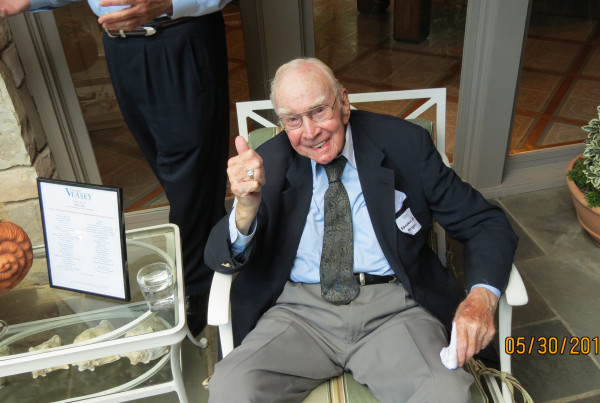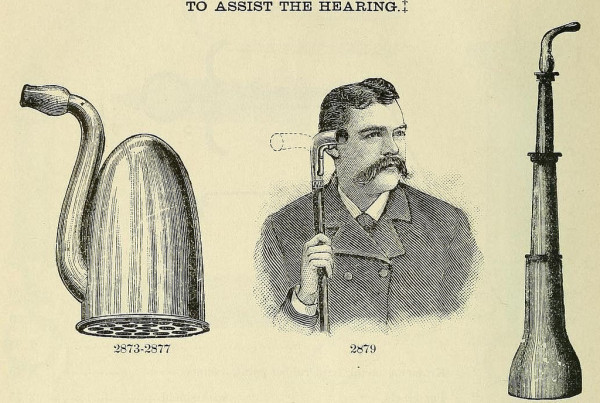In criminal trials, one person’s testimony can mean the difference between life and death. And informant testimony is nearly as old as the legal system itself, having played a role in serving justice in an untold number of cases.
But take an informant who has something to gain from their testimony – say, someone locked up for a separate crime, who could get years shaved off their sentence. Just how much credence should we really give their testimony?
Jordan Smith is an investigative reporter based in Austin. Writing for The Intercept, she says so-called jailhouse snitch testimony is tied directly to two high-profile Death Row cases in Texas: the Cameron Todd Willingham case, and that of exonerated Death Row inmate Anthony Graves.
“Today we know that the state’s case against Willingham,” who was convicted and executed for an arson fire which killed his three daughters, “was built on a foundation of outdated arson ‘science,’ that was debunked long ago,” Smith writes. She adds:
But that’s not the only evidence that sent him to death row. The prosecution’s case also relied on testimony from a jailhouse informant named Johnny Webb, who claimed that Willingham had confessed to him while the two were confined at the county jail.”
That informant has since recanted his testimony. A similar situation existed in the arson case of Graves.
“In 50 percent of death row exonerations – people were convicted and sentenced to death based on informant testimony,” Smith tells the Standard. “That shows you right there that juries aren’t that great about weighing the credibility of informants.”
A bill pending in the Texas Legislature would set strict parameters for the use of informant testimony. If an informant had been given some sort of benefit for their testimony, it would be banned in capital [death penalty] cases. And in cases where informant testimony was allowed, it would have to be recorded.
“Prosecutors think this isn’t going to work,” Smith says. “But there are plenty of reformers around the country who say, ‘Look … It’s not so hard to believe that you could wire a jail cell and have a confession taped.'”
The bill doesn’t face favorable odds this session, Smith says. But “frankly, we should see it again. We need to have this discussion.”















